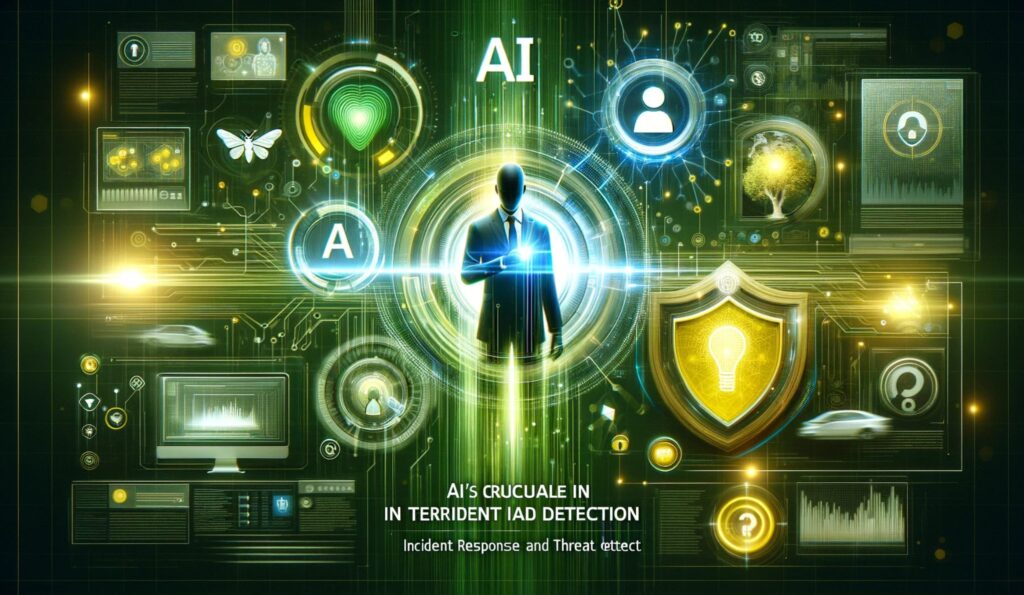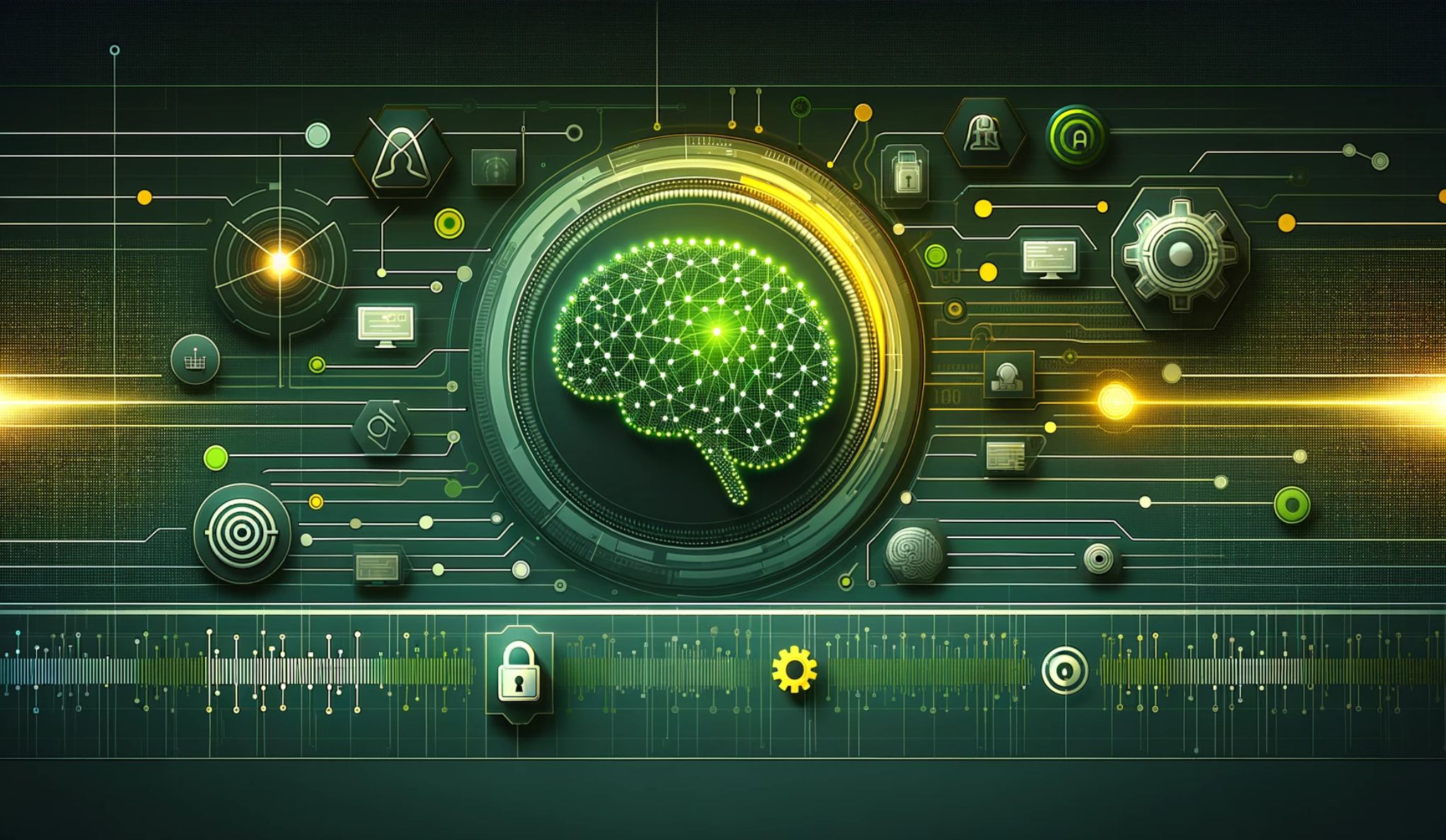In a world increasingly dependent on digital technology, the battle to protect sensitive information and critical systems from cyber threats has intensified. As hackers grow more sophisticated, the need for innovative solutions to counter these evolving dangers has never been more pressing. This article explores the transformative impact of Artificial Intelligence (AI) on cybersecurity, shedding light on the significant advancements poised to revolutionize the digital defense landscape.
This examination is part of a series presented by the R Street Institute’s Cybersecurity-Artificial Intelligence Working Group, where experts convene to dissect and envision the future of cybersecurity in an AI-driven era.
AI’s Crucial Role in Incident Response and Threat Detection
One of the most remarkable contributions of AI to cybersecurity is its ability to streamline threat detection and incident response. AI-powered systems swiftly identify anomalies, facilitating rapid actions such as isolating compromised devices and blocking malicious IP addresses. Not only does this reduce response times, but it also significantly lightens the workload on human cybersecurity teams, allowing them to concentrate on more intricate tasks and strategic planning.

Revolutionizing Vulnerability Management and Remediation with AI
AI-driven tools are proving to be invaluable in the domain of vulnerability management. They assist in secure code development and pinpoint security gaps, bolstering organizations’ digital fortifications. These tools excel at spotting and mitigating known vulnerabilities as well as zero-day exploits, providing a proactive approach to cybersecurity that is indispensable in today’s threat environment.
Elevating Red-Teaming through AI Advancements
Red-teaming, the practice of simulating cyberattacks to identify vulnerabilities, has seen a remarkable transformation thanks to AI. Machine learning algorithms enable human-directed simulated testing, empowering organizations to uncover weaknesses before malicious actors can exploit them. Large-Language Models (LLMs) like those used in designing penetration tests play a pivotal role in helping cybersecurity teams maintain a strategic advantage.
AI’s Contribution to Enhanced Security Analysis and Workforce Efficiency
AI not only augments threat detection and response but also addresses the growing cybersecurity workforce gap. By automating routine tasks and enhancing training, AI tools empower cybersecurity professionals to work more efficiently and effectively. This fusion of human expertise and AI-driven support is paramount in maintaining resilience against evolving cyber threats.
AI’s Role in Data Privacy and Security
In an era where data privacy is paramount, AI emerges as a formidable ally. AI-driven Data Loss Prevention (DLP) systems continuously monitor sensitive data and user behavior, assisting organizations in safeguarding their most valuable assets. Moreover, privacy-enhancing technologies like homomorphic encryption enable secure data analysis, ensuring that privacy remains intact even during data processing.
Charting the Future of AI in Cybersecurity
The future of AI in cybersecurity holds immense promise, but it also demands careful consideration. Striking a balance between innovation and security is crucial, necessitating a thoughtful approach to AI regulation. Policymakers must be educated about AI’s strengths, limitations, and risks to craft policies that encourage innovation while shielding against potential security threats.
Conclusion
In conclusion, the integration of AI into the realm of cybersecurity is not merely a trend but a necessity. When combined with human expertise, AI becomes an indispensable tool for constructing a proactive, adaptive, and secure digital environment. The landscape of digital defense is evolving, and organizations that strategically adopt AI in cybersecurity will undoubtedly maintain their lead in this ever-changing arena.
As the digital battlefield continues to expand, AI stands as a sentinel, guarding against the encroaching tide of cyber threats. It is a game-changer in digital defense, and its role will only grow more significant as we venture into the future of cybersecurity.






